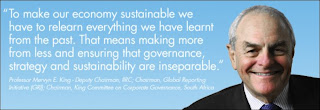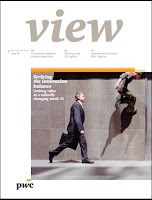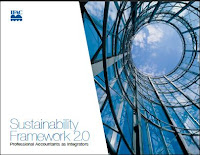The Global Reporting Initiative (GRI) Taxonomy, developed in collaboration with Deloitte, is one of the first XBRL taxonomies for sustainability reporting. It will help investors, auditors and analysts to access information in sustainability reports faster, and more simply. An XBRL taxonomy is an industry-specific categorization scheme that defines and 'tags' data in relation to its purpose, framework or outline. It enables users to uniquely tag and identify individual detailed reporting elements which can be easily shared electronically. In the case of the GRI Taxonomy, data can be tagged following the GRI Guidelines.
The new GRI Taxonomy enables organizations to tag their sustainability data in reports. This will help report users – including regulators, investors and analysts – to find and analyze sustainability information. Organizations can benefit from a well-defined structured format for collecting and disseminating sustainability information. It enables reporters, analysts, regulators and others to exchange sustainability data electronically and inform stakeholders with consistent and high quality information.
For more information, see the GRI frequently asked questions webpage. Reporters who use the GRI Taxonomy are asked to participate in the Voluntary Filing Program.




















